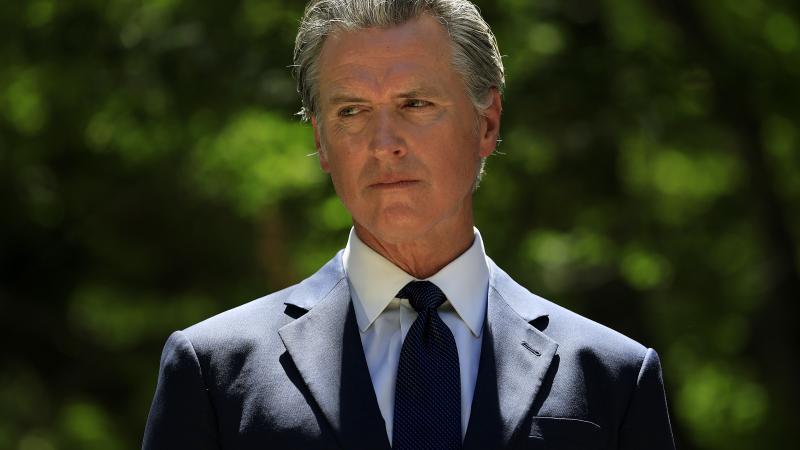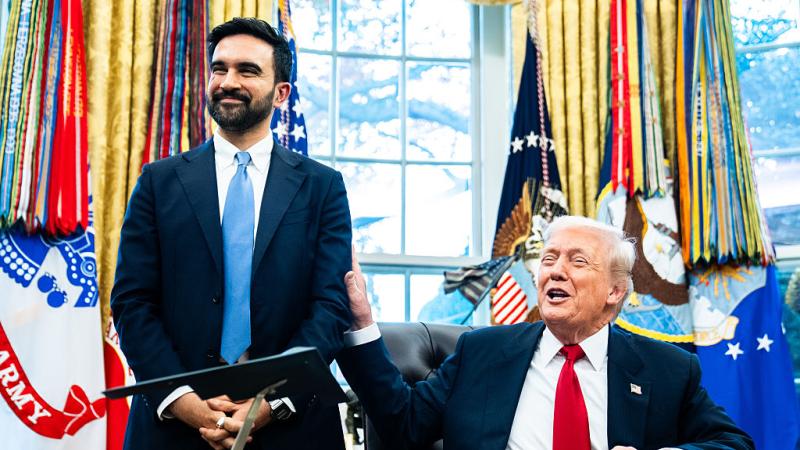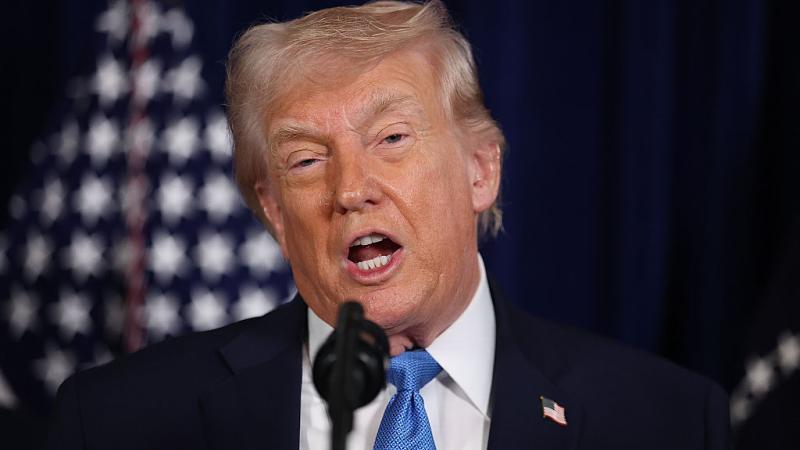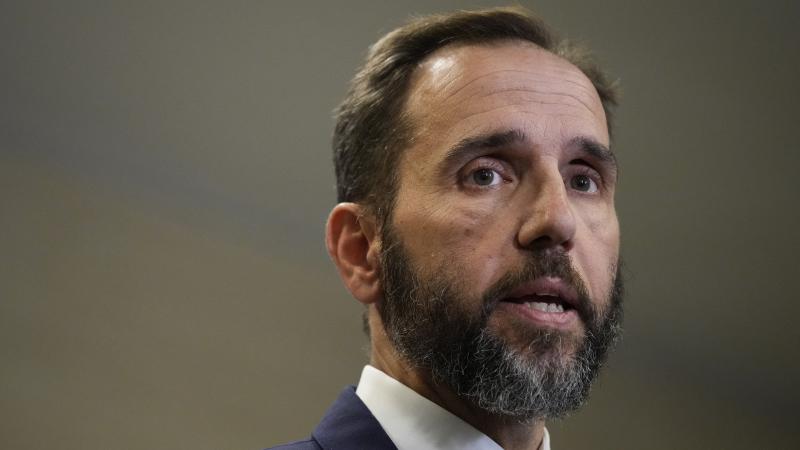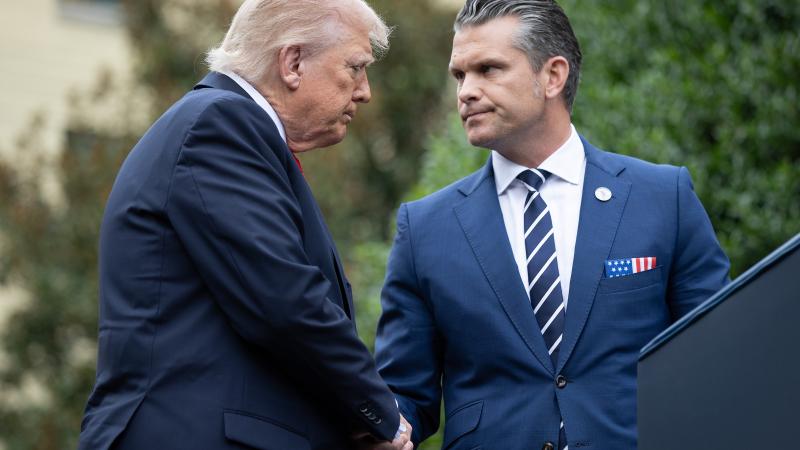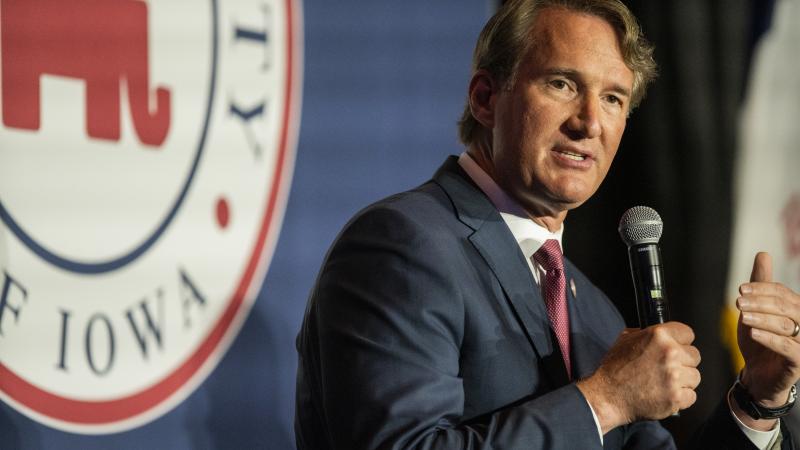National debt tops $35 trillion
MacGuineas said the U.S. annual deficit is on track to hit almost $2 trillion this year and nearly $3 trillion in ten years.
The U.S. national debt as of Monday officially topped $35 trillion, a grim milestone for the U.S. government and the economy as the national debt continues to soar each year.
The national debt has nearly tripled in the last 20 years.
“If this sounds familiar, we only just reached $34 trillion at the very end of 2023,” Maya MacGuineas, president of the Committee for a Responsible Federal Budget, said in a statement after the milestone. “We passed $33 trillion three months before that and $32 trillion three months before that. The borrowing just keeps marching along, reckless and unyielding.”
MacGuineas said the U.S. annual deficit is on track to hit almost $2 trillion this year and nearly $3 trillion in ten years.
Before COVID-19, deficits remained under $1 trillion, but since the pandemic they have been well above the previously unbroken $1 trillion-dollar mark.
Medicare and Social Security are on the path to insolvency because of the worsening fiscal situation, according to budget groups. Meanwhile, the cost of interest on the national debt has doubled since President Joe Biden took office and is on track to be the single largest expense for the federal government, more than entitlements or national defense.
“CBO projects that interest costs in 2024 will total $892 billion — a jump of 36 percent from the previous year and following increases of 35 and 38 percent in each of the two years before that,” the Peterson Foundation said in a report earlier this month. “This year’s high interest bill isn’t a one-year phenomenon, it’s part of a trend that stretches out into the future, as debt continues to climb and relatively high interest rates push up the cost of federal borrowing.”
"Election years cannot be an exception for trying to prevent completely foreseeable dangers – and the debt is one of the major dangers we are facing,” MacGuineas said. “True fiscal responsibility cannot exist in a vacuum – if we want any hope of putting America back on course toward a sustainable and prosperous future, our leaders need to bridge rhetoric with action. Pay for your new spending; pay for your new or extended tax cuts; make deals, shake hands, pass budgets. In a word: govern.”



